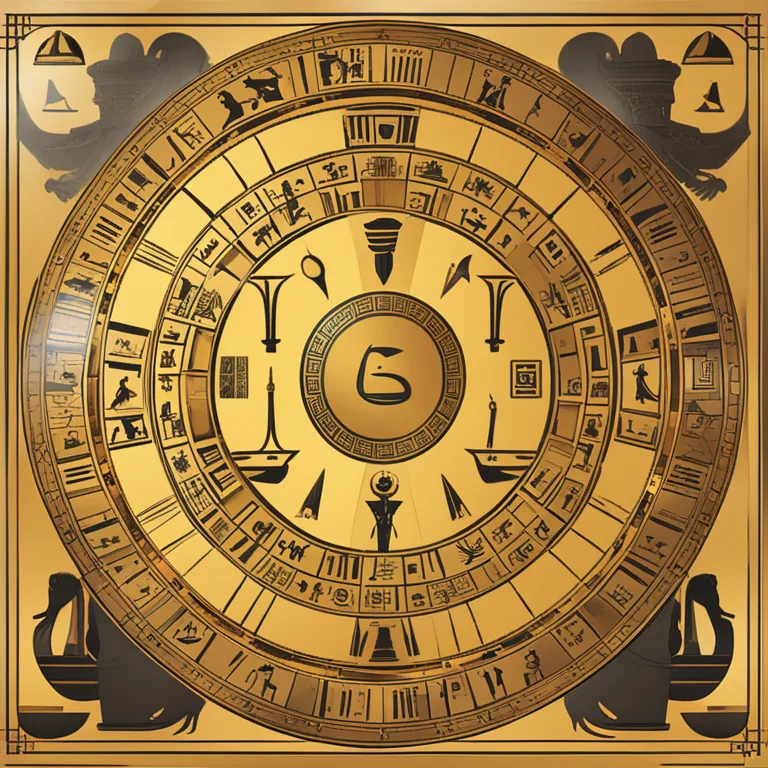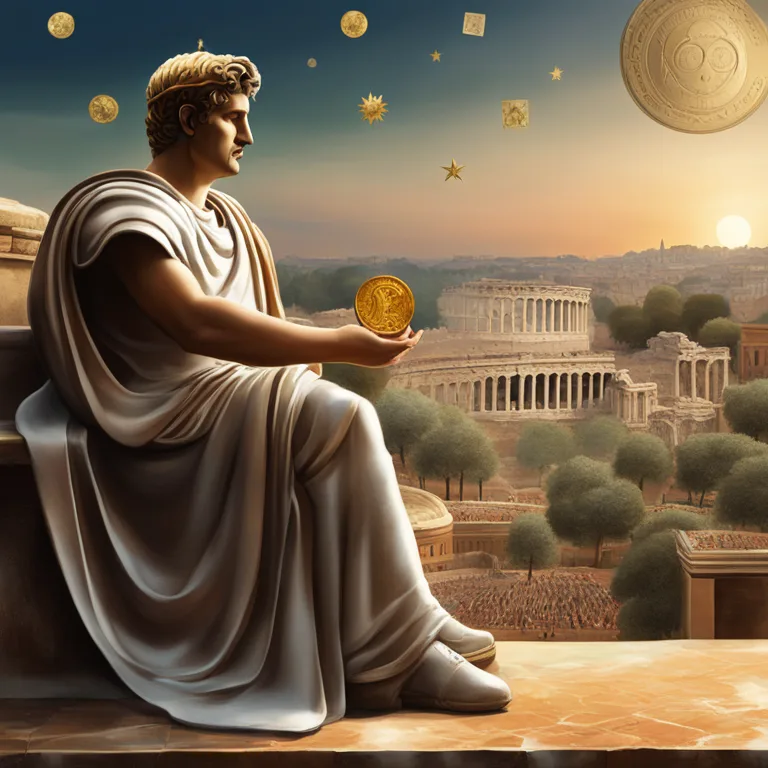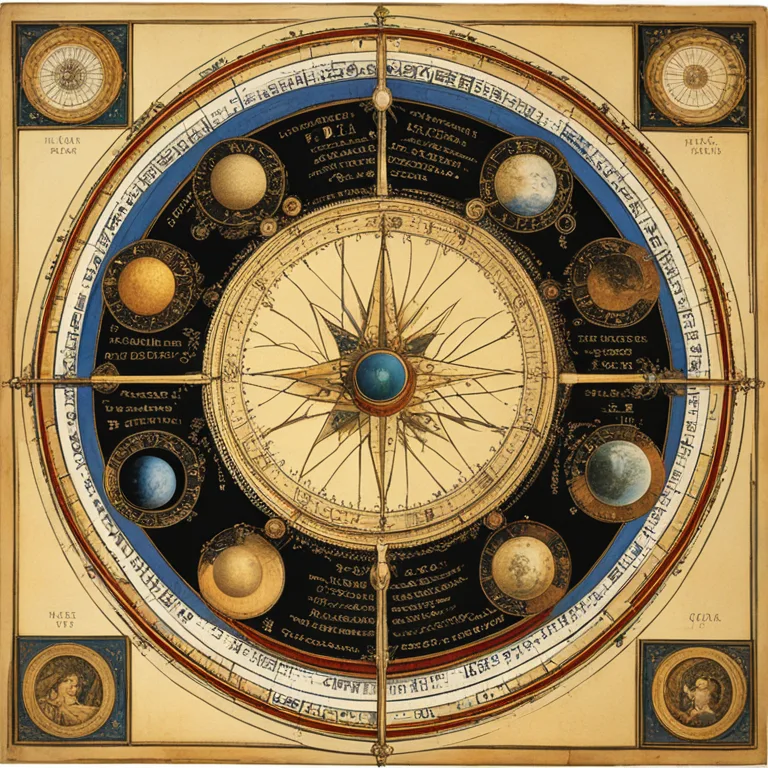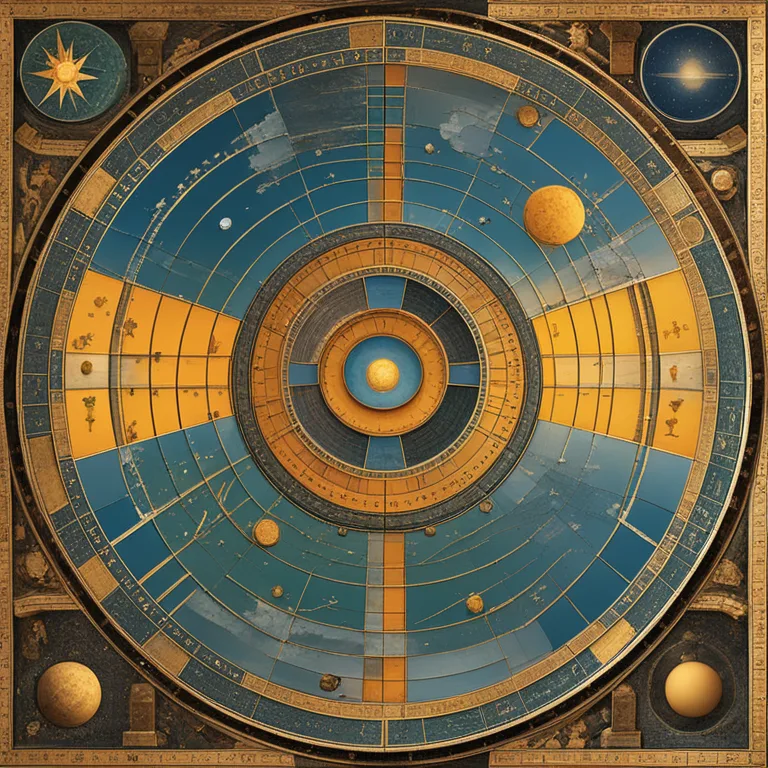
The Origins of Astrology: A Historical Journey
Delve into the ancient practice of astrology to discover its historical roots and enduring impact on human civilization.
article by Priya Deshmukh
Beginnings in Babylon
The story of astrology begins over 2,000 years ago with ancient Babylonians, who developed one of the earliest known astrological systems. By meticulously observing celestial events, they linked happenings in the sky with earthly occurrences, creating a celestial map that influenced their culture and governance. This marked the beginning of astrology as an organized system of knowledge. They recorded planetary movements and correlated them with terrestrial events, believing that the stars and planets influenced the fate of kings and nations. These observations laid the groundwork for horoscopic astrology, which would expand and evolve with future civilizations.

Egyptian and Hellenistic Contributions
The Egyptians furthered this ancient craft by integrating astrological concepts with their own mythological beliefs. The advent of the Hellenistic period and the conquests of Alexander the Great were crucial for astrology's spread; Greek culture assimilated Babylonian astrology and infused it with their philosophies. This fusion led to the development of the zodiac signs and the concept of personal horoscopes – predicting an individual's future based on the position of celestial bodies at the moment of their birth. This was astrology personalized, moving beyond royal and civic destinies to peek into the lives of everyday people.

Roman Era and Astrology's Spread
Astrology's reach extended further under Roman rule. Emperors like Augustus openly embraced astrological predictions, lending prominence and validity to the practice. The Romans capitalized on astrology as a means to control the masses, often incorporating astrological symbols in their art and coinage. However, with the decline of the Roman Empire and the rise of Christianity, astrology's prominence faded, only to return with vigor in the medieval Islamic world, where scholars translated and expanded upon Hellenistic astrological texts, thus preserving and enriching the knowledge for future generations.

Renaissance and the Modern Era
The Renaissance heralded a rebirth for astrology in the West. Astrology enjoyed royal patronage once again, and the invention of the printing press in the 15th century allowed astrological texts to be widely disseminated. However, the later scientific revolution and the emphasis on empirical evidence challenged astrology's authority. Nevertheless, astrology managed to adapt, finding new life in the New Age movement of the 20th century. With the advent of modern computing and the internet, astrology has transformed, reaching a global audience with personalized, computer-generated horoscopes and forecasts relevant for years such as 2024 and beyond.

Astrology Today
In contemporary times, astrology is experiencing a digital-age renaissance. Websites, apps, and social media platforms facilitate widespread access to astrological services and information. Astrological forecasts for 2024, for instance, are easily accessible and highly sought after for insights into personal growth, compatibility, and life decisions. The intersection of technology and ancient wisdom provides a unique lens through which many view the world today, and astrology's resilience through the ages is a testament to its enduring appeal.
Published: 12/29/2023
Modified: 12/29/2023
More predictions
Come back here soon to learn more about yourself and your future


The Essence Of Your Birth Chart Wheel
Delve into the layers of your personality by understanding the key components of your birth chart wheel, an astrological tool for self-discovery.


Birth Chart: The Powerful Role of Jupiter
Explore the powerful role of Jupiter in astrology and its profound impact on our personal growth, luck, and life philosophy in the birth chart.


Asteroids & A Birth Chart: Cosmic Insights
Delve into the role of asteroids in astrology and discover how these celestial bodies influence your birth chart and personal journey.